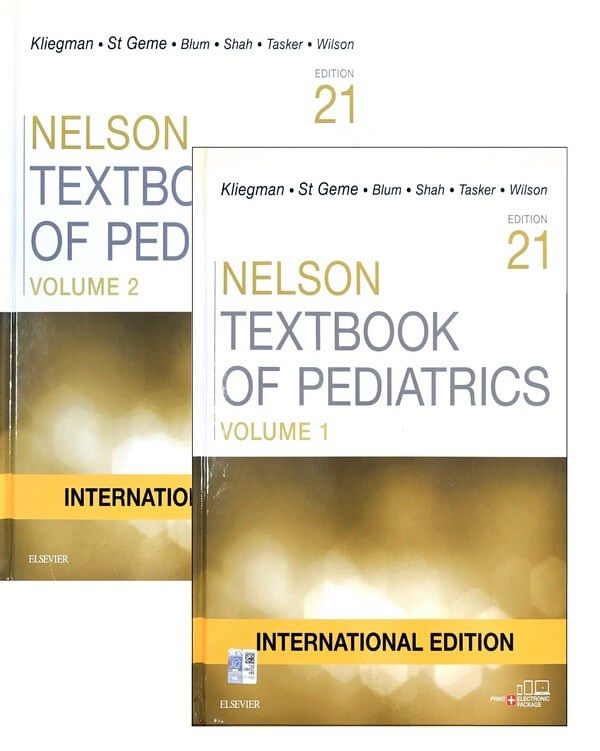Residency in any subject in medical field is not a piece of cake. There is no limit of knowledge you need to acquire and the tougher thing is you need to acquire knowledge and skills side by side. A mastery in only one field can leave you deficient. As a…
Tag: Pediatrics
Section Editor: Dr. Sujit Kumar Shrestha, MD Pediatrics, Fellowship Neonatology
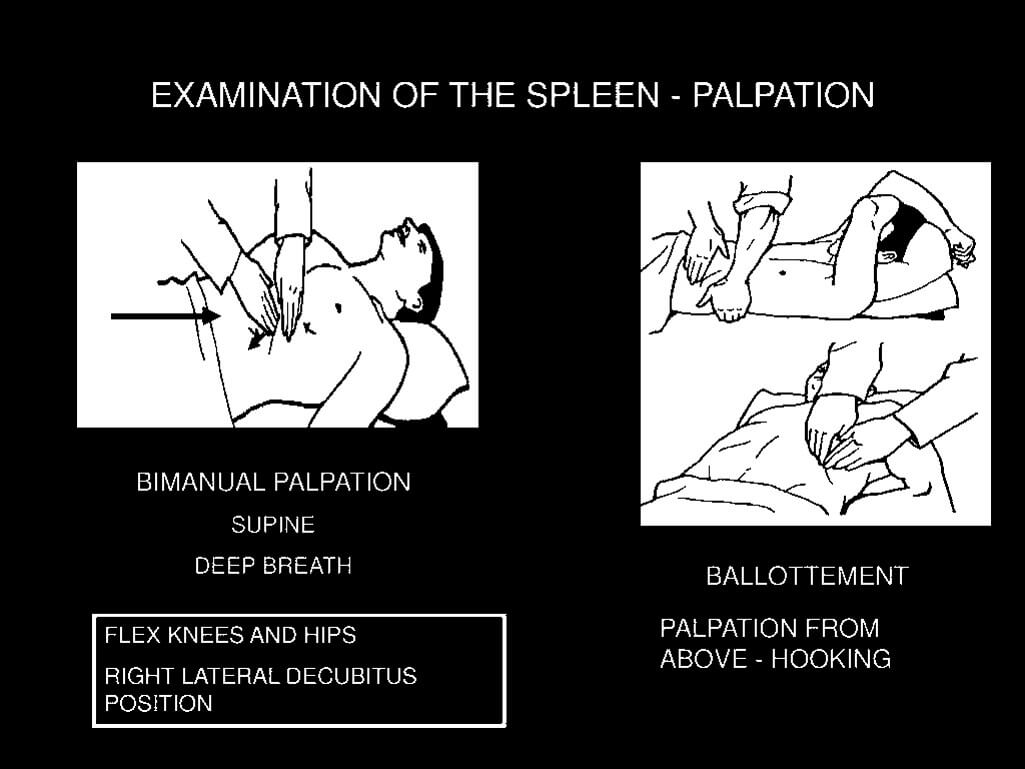
Splenomegaly : Examination techniques and Clinical Approach
ANATOMY OF SPLEEN Histologically: FUNCTIONS OF SPLEEN Spleen is the largest lymphoid organ organ and serves following functions – An increase in these normal functions may result in splenomegaly EXAMINATION OF SPLEEN 1. Palpation: If history suggest splenomegaly but is not palpable: Roll the patient on to the right lateral…

Injection site swelling after vaccination in Infants
Swelling and pain at injection site after vaccination is a frequently observed problem by parents and is often of concern to them. These type of reactions are generally observed after intramuscular vaccine and vaccine containing aluminium component. DPT as pentavalent is a frequent vaccine after which infants develop swelling. Types…

Paraplegia in Extension and Flexion
Paraplegia in extension and paraplegia in flexion occur only after the spinal shock has ceased. Paraplegia in extension indicates an increase in the extensor muscle tone owing to the overactivity of gamma efferent nerve fibers to muscle spindles as the result of the release of these neurons from the higher…
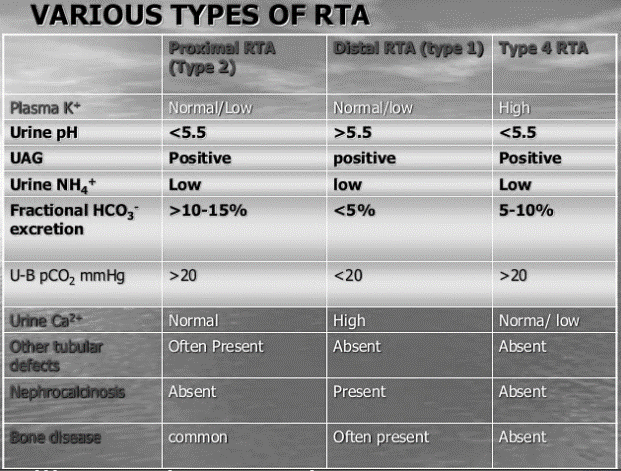
Renal Tubular Acidosis (RTA) : Mnemonics
Renal Tubular Acidosis (RTA) cause non-anion gap metabolic acidosis. Type 1: H+ excretion defect (A proton or 1st element of periodic table) This occurs in distal tubule (hence, distal defect) K+ is excreted instead of H+ causing Hypokalemia. Distal tubule H+ is non-functioning – urine pH >5.5. Chronic acidosis leads…
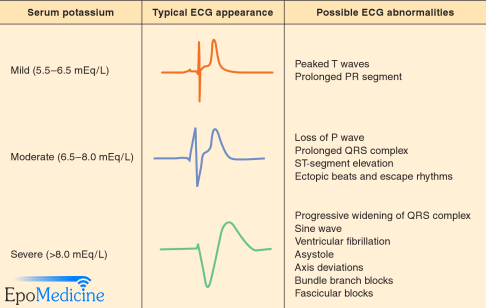
Hyperkalemia Management – Mnemonic Approach
Mnemonic: C BIG K D Calcium gluconate (Cardiac stabilizer) It is generally accepted that calcium should be given when there are ECG changes associated with hyperkalaemia. Calcium gluconate 10% 10-30 ml IV (1-3 gm) over 5-10 minutes (Can be repeated after 5 minutes if ECG changes persistent) 0.5 ml/kg in…
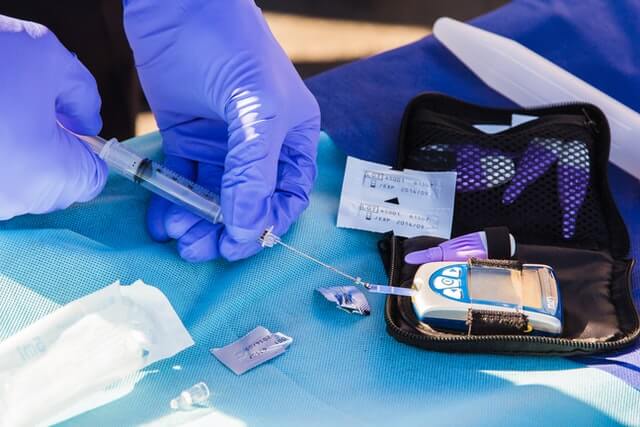
Diabetes Made Easy : Epomedicine Series
Approach to Uncomplicated Diabetes Mellitus : Simplified Management of Diabetes – GLUCOSE BAD mnemonic DKA : Mnemonic Approach and Clinical Aspects GIK Regimen – Rule of Ten Simplified Guide to Statin Therapy Diabetic Ketosis without Acidosis Diabetic Foot Management
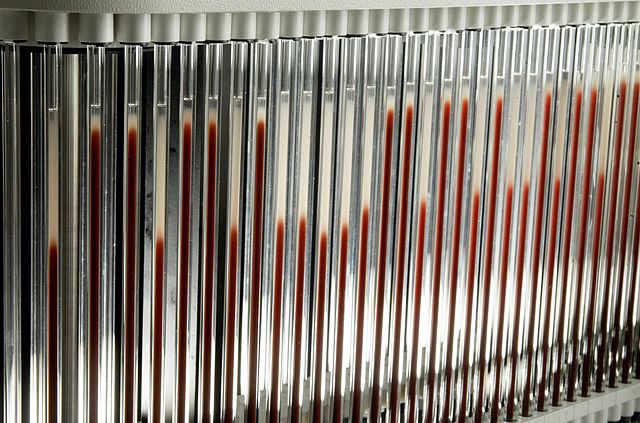
ESR and CRP in Musculoskeletal infection
ESR (Erythrocyte Sedimentation Rate) Usually elevated within 48-72 hours of the infection onset (less reliable in the first 48 hours of infection) Continues to rise for 3-5 days after institution of successful therapy and continuing rise beyond 4th-5th day of treatment can be an indication of treatment failure (not good…
